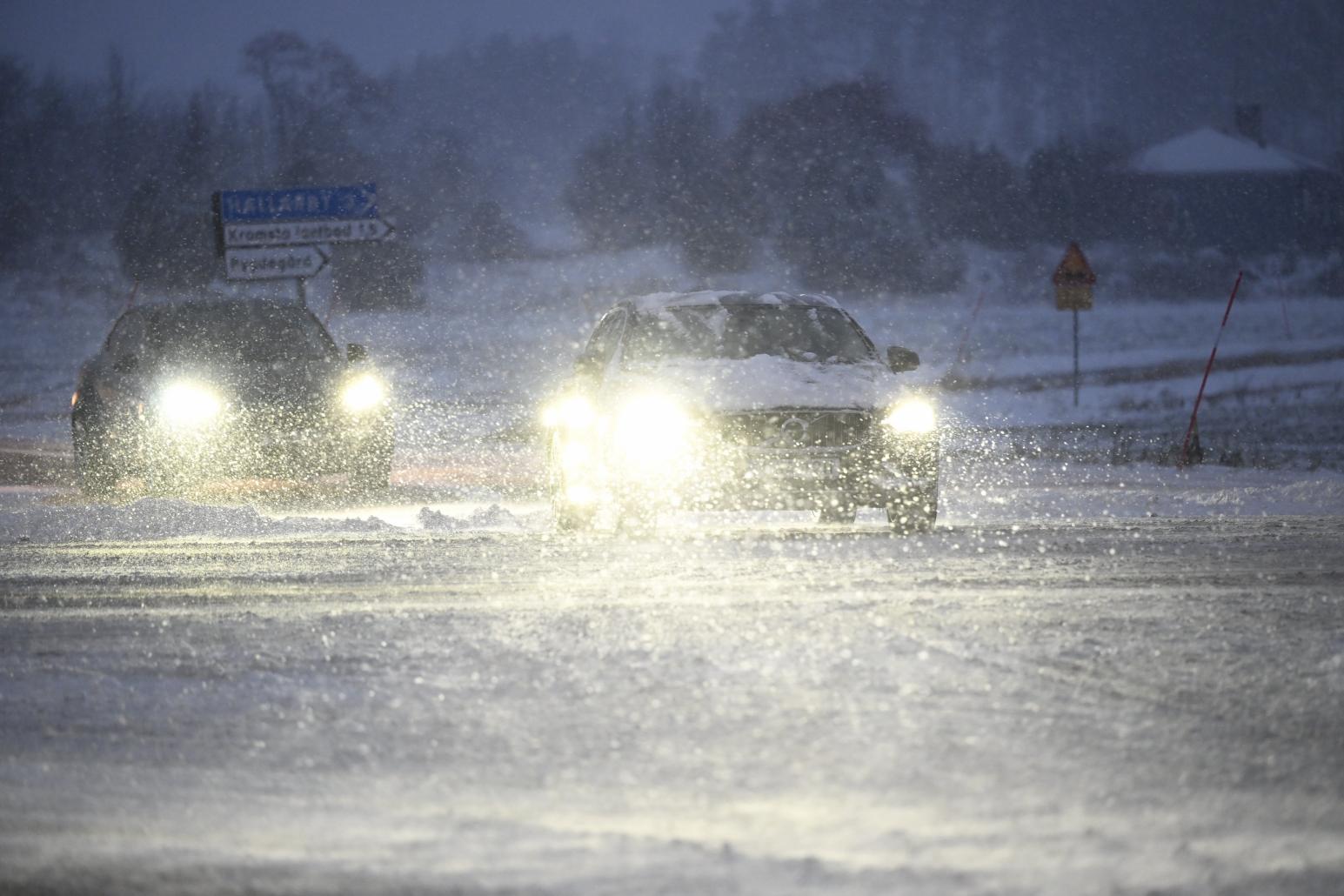The Politics of Protest in Pakistan
By: Shahid Suleman

The Pakistan Tehreek-e-Insaf (PTI) has once again called for a march on Islamabad. The stated objectives of the protest include the repeal of the 26th constitutional amendment, the restoration of democracy and the constitution, the reclaiming of the electoral mandate, and the release of political prisoners. Regardless of the nature of PTI’s demands, a crucial question arises: what is the most appropriate way for political parties to achieve their goals? Is it through demonstrations of power on the streets, or through parliamentary forums and engaging in dialogue with like-minded political entities?
While protest is considered a public right, the economic and social impacts of political parties' protest activities are severe. At a time when the prospects for economic recovery in the country are becoming evident and several friendly nations have expressed interest in investing, political agitation could negatively affect these opportunities. Although protest is a democratic right, it is common in our country for its legitimate boundaries to be overstepped. During protests, neither public and private properties are safeguarded, nor are the rights of citizens respected.
In recent months, particularly since mid-September, the increase in protest activities has caused significant inconvenience to the residents of the federal capital. With another protest being planned, citizens are likely to endure the same hardships once more. If we consider the security situation, it is also not conducive to large gatherings. These circumstances call for political harmony among parties so that a workable and mutually agreed strategy can be developed to address security concerns and promote economic opportunities. However, we seem to be moving in the opposite direction.
PTI already has a forum in the form of parliament, where it holds the position of opposition leader, in addition to having a government in one province. Given this strong parliamentary position, there should be no need for a party like PTI to resort to street protests for its demands. It is worth noting that political disputes are rarely resolved through street demonstrations. Dialogue remains the only viable means through which political parties can achieve meaningful outcomes. Abandoning this approach in favor of street protests is futile.
PTI’s leadership should also learn from the contemporary world. In democratic countries, the methods being employed here to push political demands are not adopted. We are failing to resolve even a few political issues in legislative assemblies and are instead encouraging the practice of forcing demands through displays of power.
This raises another question: what tangible results have been achieved through political protests, rallies, and sit-ins over the past two to three years that would justify turning again to protest politics? PTI should move towards reducing political instability so that efforts to stabilize the country’s economy and fulfill the investment promises made can materialize effectively.
Report: Shahid Suleman






/cloudfront-us-east-1.images.arcpublishing.com/gray/QF5H3LHWMBE2FFQLQY2VMDFLDA.jpg?#)




























































